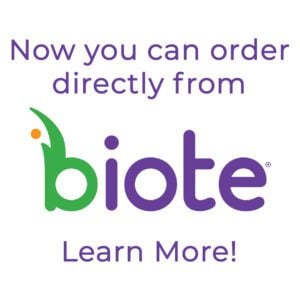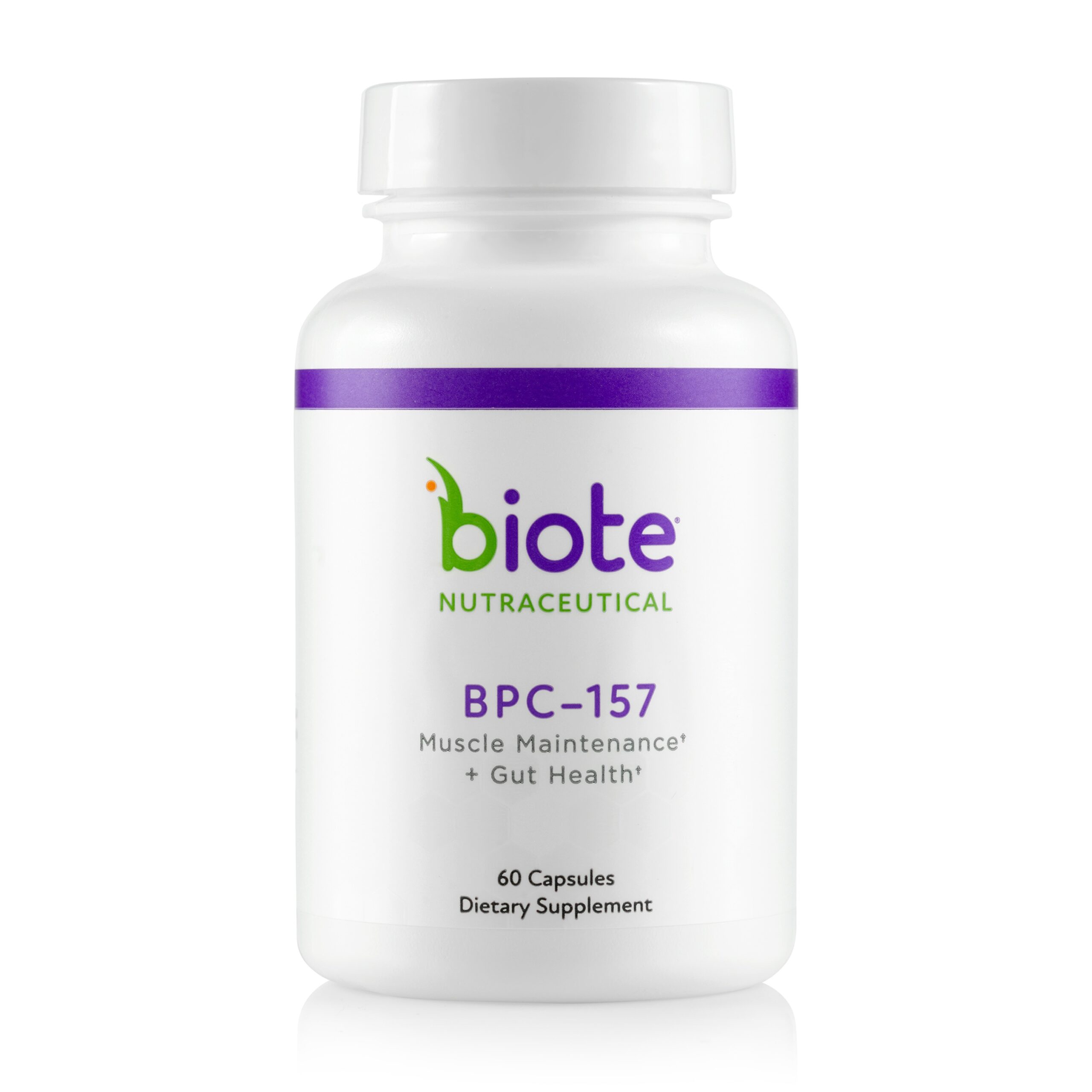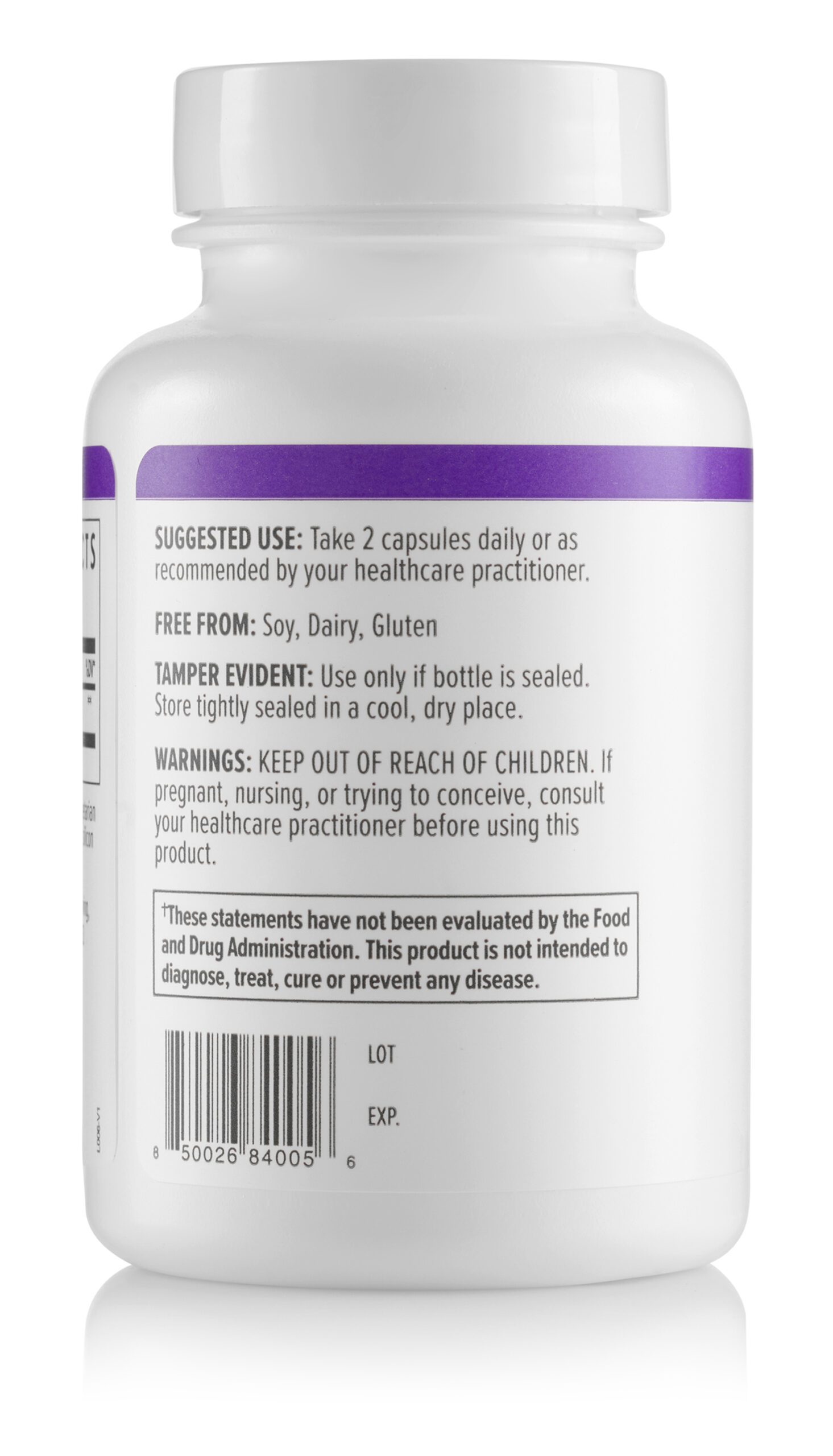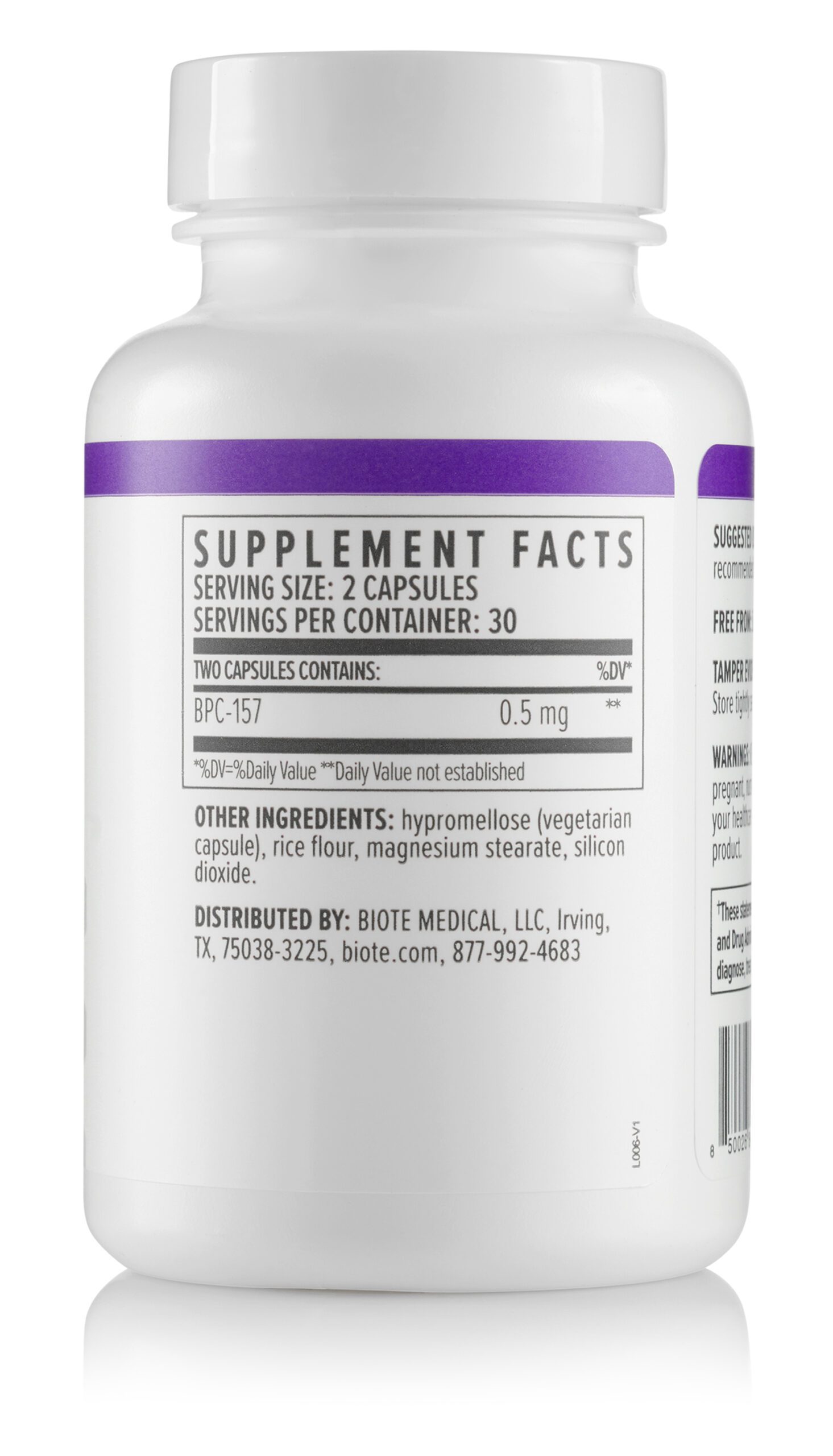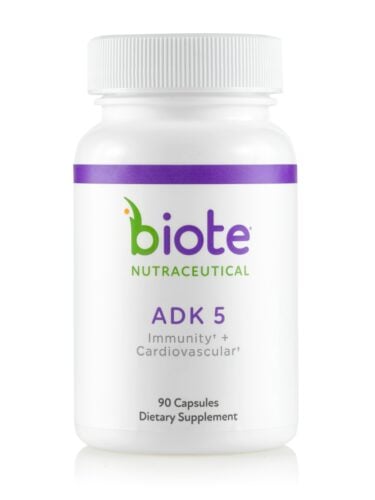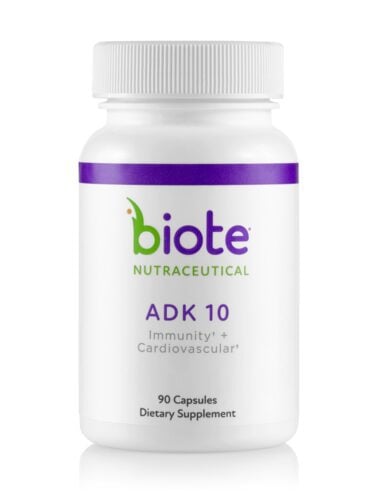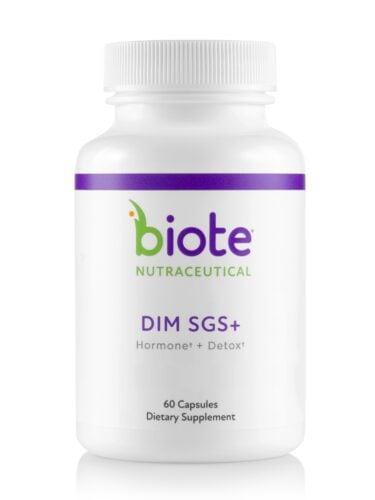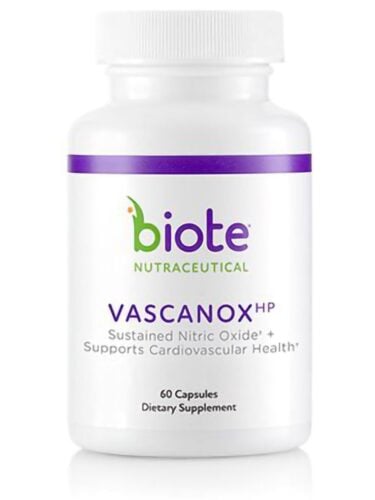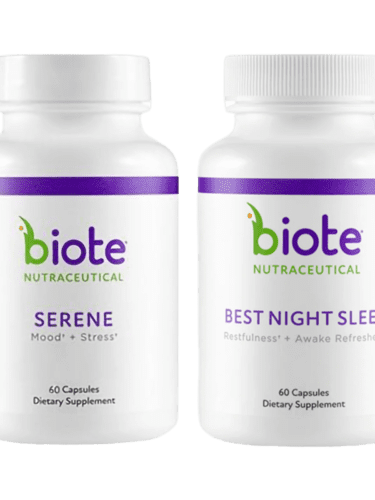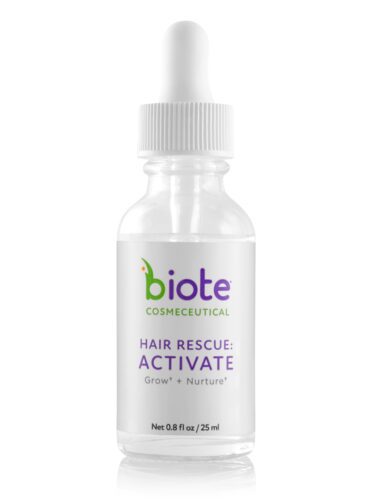Description
Has Biote BPC-157 been upgraded?
Yes, the new upgraded formulation can be purchased here:
Biote BPC 157 + KPV is On Sale – Fast Shipping & Excellent Prices (cunninghamclinicstore.com)
What are nutraceuticals?
The Biote nutraceutical line features superior and essential supplements for patients suffering from a hormone deficiency. Each Biote supplement promotes proper hormone balance through high-quality micronutrients that are necessary for overall health. Yet it is nearly impossible to get enough of these nutrients from one’s daily diet.
What are Biote products?
Biote products offer a safe, effective, and personalized approach to nutraceuticals and hormone optimization that can unlock your full potential and ignite your inner spark. Read more about Biote products.


